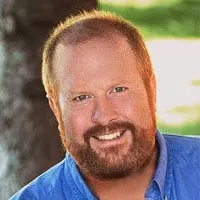GENEVA (Reuters) -The World Health Organization launched its annual appeal for funding to respond to health emergencies on Thursday, just days before the inauguration of Donald Trump as president of the United States – the health agency’s biggest donor – puts a question mark over its long-term finances.
The WHO is seeking $1.5 billion to help more than 300 million people living in 42 emergency zones, from Gaza to Afghanistan.
“Without adequate and sustainable funding we face the impossible task of deciding who will receive care and who will not,” said WHO Director-General Tedros Adhanom Ghebreyesus, deploring a growing gap between needs and available funding.
The United States has historically been a major contributor to both the WHO’s emergency appeal and its wider budget, fixed at $6.8 billion for 2024-2025. For the current two-year period, the United States provided about 34% of the funding available for health emergencies, and in the past its contribution has been as high as 50%, WHO data showed. It also contributes about a fifth of the WHO’s overall funding.
But that financing could be at risk when Trump takes office for his second term next week. In his first stint in the White House, he moved to cut funding to the WHO and withdraw the U.S. from the agency after criticising it for its handling of the COVID-19 pandemic and closeness to China.
Sources close to the transition team have indicated that he could take similar steps again in his second term.
When asked by Reuters at the end of last month if the U.S. would leave the WHO, a source familiar with the talks in the transition team said: “The same WHO that we left in the first administration? It seems like we wouldn’t much care what they have to say.”
Documents released online by the WHO this week ahead of its executive board meeting at the start of February warned of the risks of losing any of its major donors.
The agency is funded in part by mandatory fees from member states, alongside voluntary contributions and an investment round. Just five donors, again led by the United States, represent a huge chunk of its voluntary funding, the WHO document said – up to two-thirds of the budget for some programmes.
(Reporting by Jennifer Rigby and Emma Farge; Editing by Madeline Chambers and Hugh Lawson)







Comments